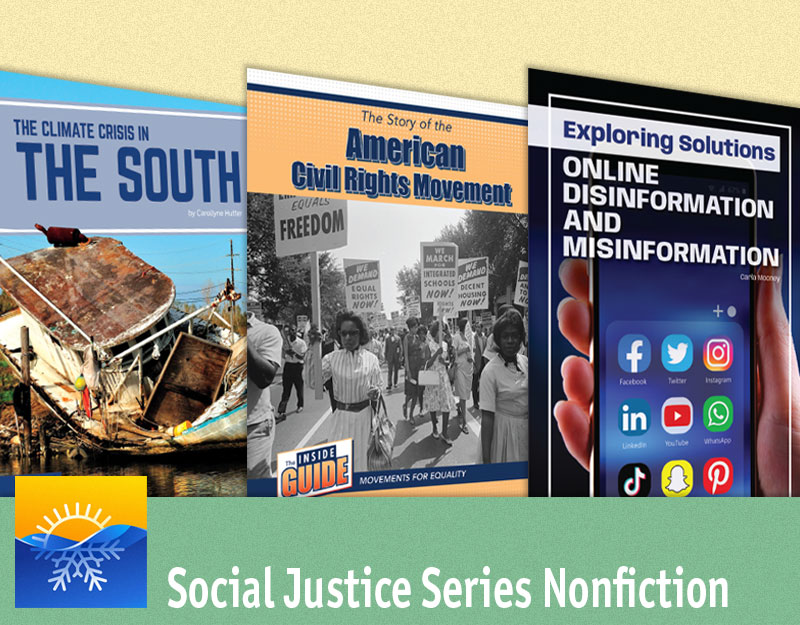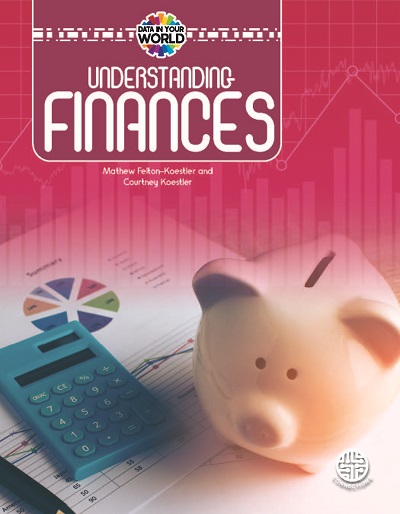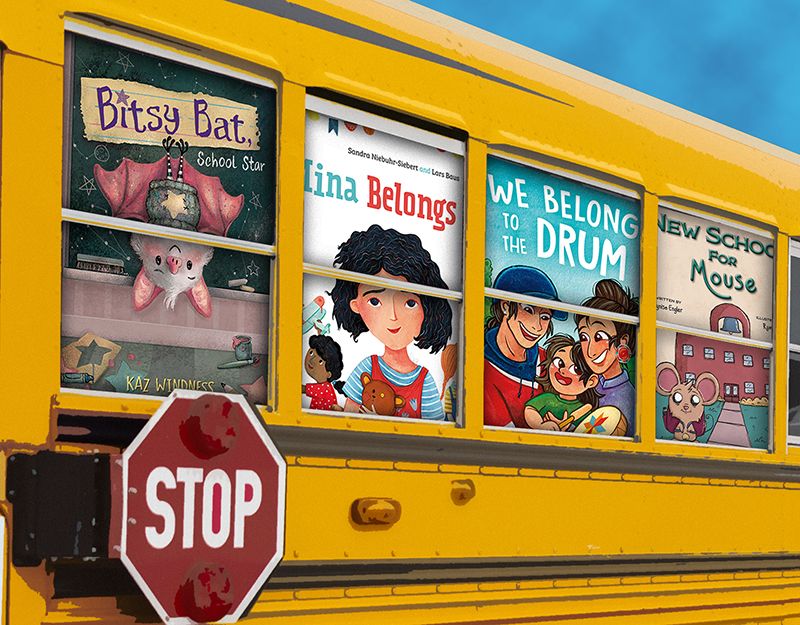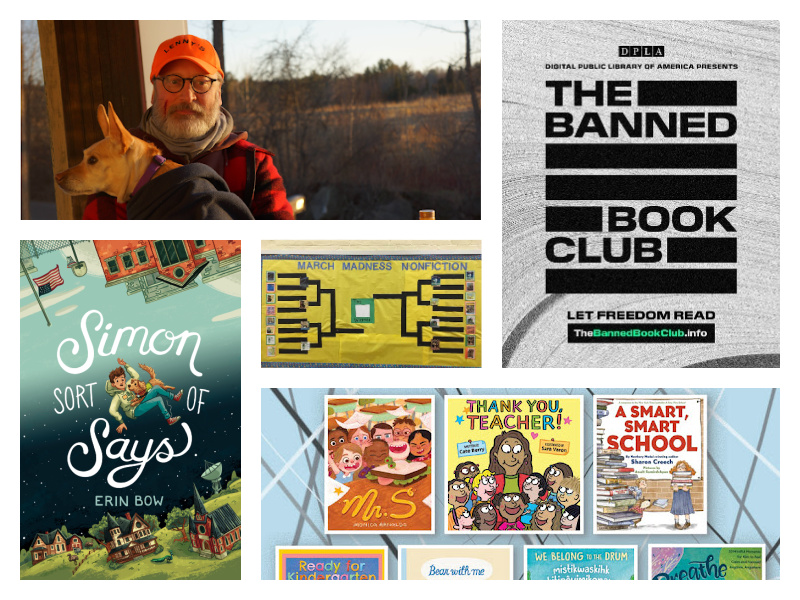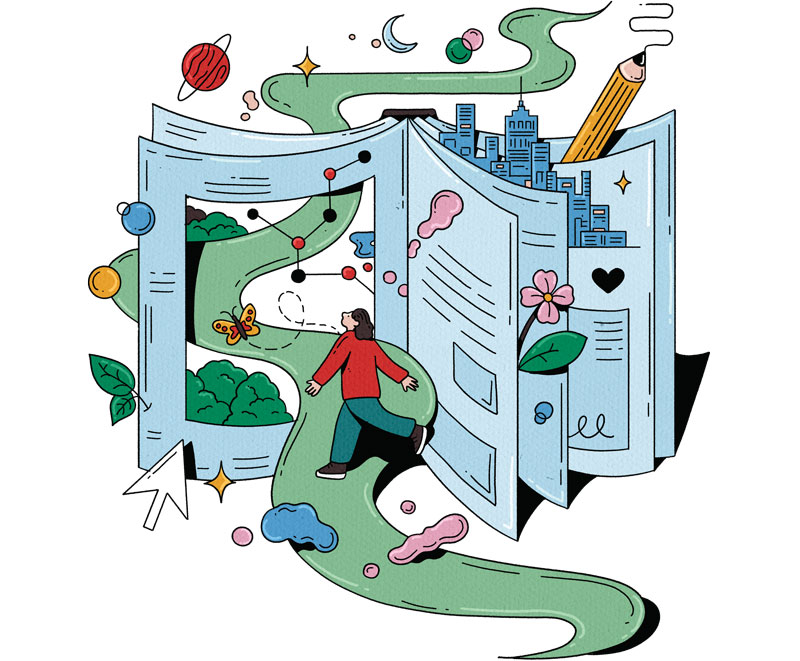#MHYALit: 10 Things I Wish You Knew About OCD, by author Tamara Ireland Stone and C
My newest novel, Every Last Word, is about a girl with obsessive-compulsive disorder (OCD) who discovers a secret poetry club that changes her life in unexpected ways. It was inspired by a family friend who was diagnosed with OCD when she was 12-years-old. I call her C.
I wrote this book for her, and with a great deal of help from her along the way.
C has learned a lot about managing her mental health over the last five years. She’s eager to share her experience in hopes of helping those who are struggling with mental illness feel less alone, and to encourage others to see the people around them through a kinder, more compassionate lens.
ADVERTISEMENT
ADVERTISEMENT
TEN THINGS I WANT YOU TO KNOW ABOUT LIVING WITH OCD
By C, the inspiration behind the novel, Every Last Word
OCD starts with intrusive thoughts.
Many people equate OCD with being a “neat freak” or with repeated actions, like obsessively checking the lock on your door or washing your hands. Some people have those compulsions. But many people like me, only have obsessions. Either way, all OCD begins with an intrusive thought we can’t control.
Thoughts hit me out of nowhere. They often lead to an overwhelming negative emotion, like fear or shame. Where most people would quickly dismiss the thought as odd or irrational, my mind tends to latch on to it and won’t let go. I try to distract myself with positive, healthy thoughts like, “I’m in control,” or “I’m bigger than this,” and I try to convince myself that the thought isn’t real, but sometimes, the thoughts are stronger than I am.
Mental illness is also physical.
My OCD overlaps with my anxiety disorder. It’s physically hardest for me when they both hit at once.
During an anxiety attack your digestive system shuts down. You feel lightheaded, your palms sweat, and you feel like you’re going to throw up. I’ve now had so many anxiety attacks, that even if I feel slightly nauseous, my mind tells me I’m having an anxiety attack and I if I can’t talk myself out of it, I find myself spiraling into an actual anxiety attack when I probably just had an upset stomach.
I hate being afraid of my mind.
I didn’t sleep in my own bed until I was 12. I just couldn’t. I was scared all the time. When I was little, I was afraid of ghosts or someone being in my room, and even though I knew they weren’t really there, I still couldn’t talk myself out of it. I was just overcome with fear.
But I was most afraid of the fact that I couldn’t control my own mind.
I know my thoughts are irrational. That doesn’t make them go away.
Intrusive thoughts hit me out of nowhere; I never know when one is coming. I might have a test coming up or be in a fight with a friend or my boyfriend—totally normal things—but I obsess and obsess and obsess over these worries. I know they’re not rational. I know I’m overthinking. I know I need to find a distraction, to focus on the positive and not obsess about things I can’t control. I get it. But I still can’t stop the thoughts.
I’m jealous of those of you who aren’t stuck in your heads the way I am. It’s exhausting.
I need therapy and medication. And that’s totally okay.
I honestly can’t tell you where I would be without medication and therapy.
When I was first diagnosed and learned my treatment was going to revolve around both, I wasn’t sure how I felt about that; I was only 12-years-old. But looking back, the combination is what’s kept me going.
I can’t say enough about my therapist. I’ve been seeing her once a week for the last five years, and our relationship has evolved so much over that time. She knows me much better than I know myself and it’s powerful and transformative to have her as a sounding board. Even when I’m not with her, she’s the voice in my head… she helps me think more clearly and to see myself with a more positive perspective.
Healthy relationships are really important to me.
A huge source of my OCD and anxiety has always centered on relationships. I obsess over when people think about me. I’m afraid of getting too close to anyone. Sometimes I’ll fixate on something someone’s said or done, even if they meant nothing by it. I know that’s unfair. That can make me hard to be around. I know I haven’t always been a very good friend.
But it’s important to me to have strong, healthy relationships built on trust. I’ve actively created relationships with people who get me, and I’ve let go of the toxic ones that make me doubt myself. I’m lowering my walls, inviting people in. I want to be in relationships with people where we impact each other’s lives. I wish it wasn’t so hard for me to trust people.
It means a lot to me when you make an effort to learn about how my mind works.
My mom didn’t understand at first, but she worked hard to understand what was happening to me and she has always been on my side. My closest friends know about my mental illness, and they’ve been incredibly supportive. My boyfriend has learned exactly what to say to me when I’m having an anxiety attack; he knows how to help me get through it.
My disorders have left me fascinated by the human mind; that’s why I plan to be an adolescent psychologist. The more I understand about my brain, the less afraid I am of it.
Ask me. I want to tell you what I’ve learned.
I wish there wasn’t such a stigma around mental health.
My closest friends know that I have four mental illnesses — OCD, anxiety disorder, ADHD, and depression. I’d love to be a vocal advocate and speak more openly about mental health, but I feel like there’s too much at risk. I’ve worked hard to gain control over my mind, but it takes effort, and that’s something colleges and future employers might not understand.
I’m anonymously speaking up today, but I believe I’m still helping to chip away at the stigma around mental illness. Hopefully one day I won’t have to keep it a secret.
I am not alone.
Mental illness is so widespread; Even if you don’t have mental illness, you probably know someone—possibly even someone close to you—who does. There are so many teens with anxiety, OCD, ADHD, depression, and other disorders that happen entirely in our minds. That makes them easy to hide and makes us feel alone, like no one else out there understands us.
You never know what’s going on with someone. Treat everyone with kindness.
You are not alone.
If you’re struggling with your mental health, I urge you to find people you can talk to. Talk to your parents. Find friends you can trust. Find a teacher at school or a coach or a counselor at school. There are people who really want to help—people who are rooting for you. It’s so easy to tell yourself that you’re completely alone—that nobody understands what you’re going through—but I truly believe that’s impossible. There’s someone who will help you through it.
About Every Last Word
If you could read my mind, you wouldn’t be smiling.
ADVERTISEMENT
ADVERTISEMENT
Samantha McAllister looks just like the rest of the popular girls in her junior class. But hidden beneath the straightened hair and expertly applied makeup is a secret that her friends would never understand: Sam has Purely-Obsessional OCD and is consumed by a stream of dark thoughts and worries that she can’t turn off.
Second-guessing every move, thought, and word makes daily life a struggle, and it doesn’t help that her lifelong friends will turn toxic at the first sign of a wrong outfit, wrong lunch, or wrong crush. Yet Sam knows she’d be truly crazy to leave the protection of the most popular girls in school. So when Sam meets Caroline, she has to keep her new friend with a refreshing sense of humor and no style a secret, right up there with Sam’s weekly visits to her psychiatrist.
Caroline introduces Sam to Poet’s Corner, a hidden room and a tight-knit group of misfits who have been ignored by the school at large. Sam is drawn to them immediately, especially a guitar-playing guy with a talent for verse, and starts to discover a whole new side of herself. Slowly, she begins to feel more “normal” than she ever has as part of the popular crowd . . . until she finds a new reason to question her sanity and all she holds dear. (Disney-Hyperion, 2015)
Meet Author Tamara Ireland Stone
You can read all the #MHYALit posts here.
Filed under: #MHYALit
About Karen Jensen, MLS
Karen Jensen has been a Teen Services Librarian for almost 30 years. She created TLT in 2011 and is the co-editor of The Whole Library Handbook: Teen Services with Heather Booth (ALA Editions, 2014).
ADVERTISEMENT
ADVERTISEMENT
SLJ Blog Network
2024 Books from Pura Belpré Winners
In Memorium: The Great Étienne Delessert Passes Away
Winnie-The-Pooh | Review
Parsing Religion in Public Schools
ADVERTISEMENT





